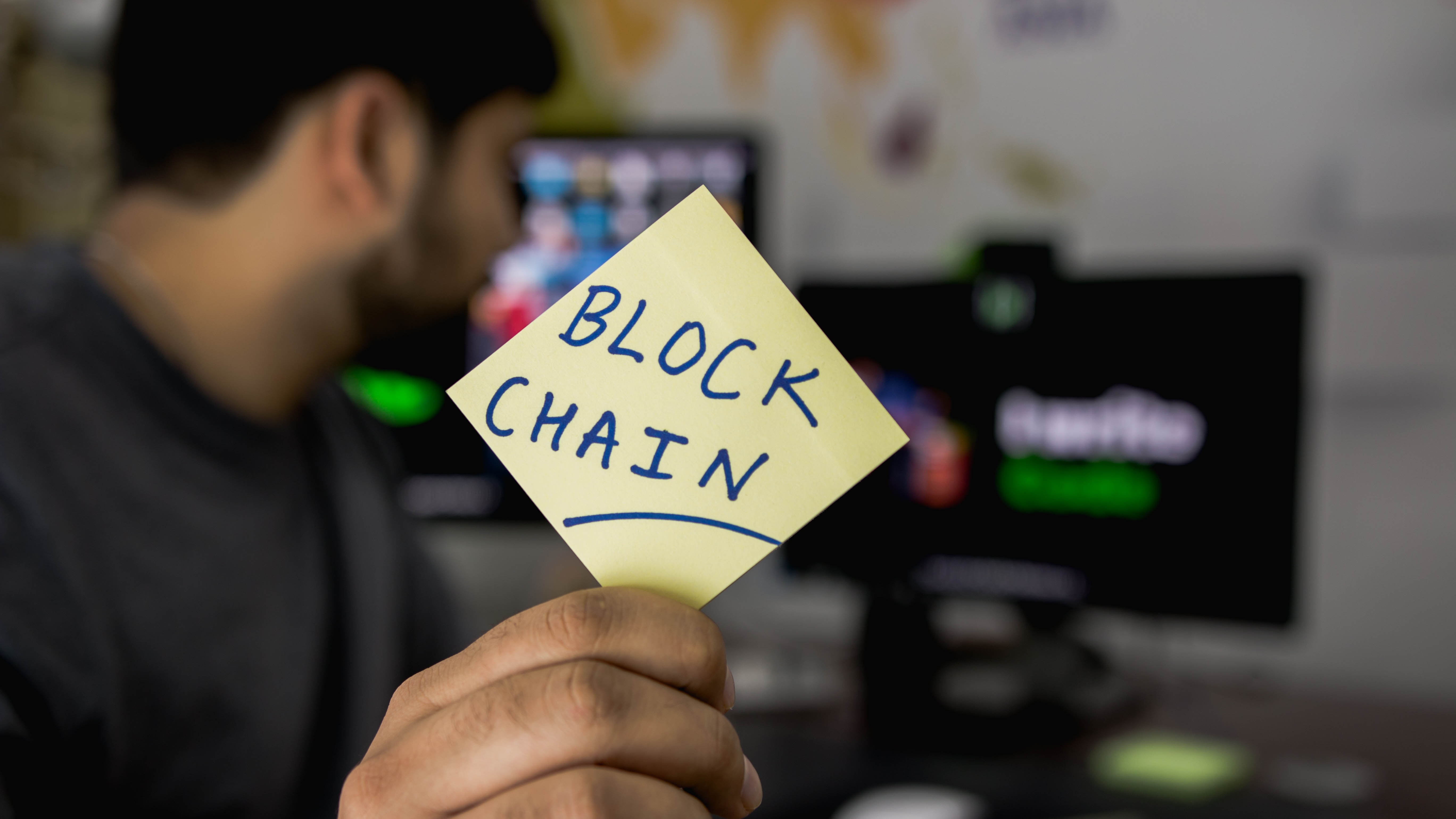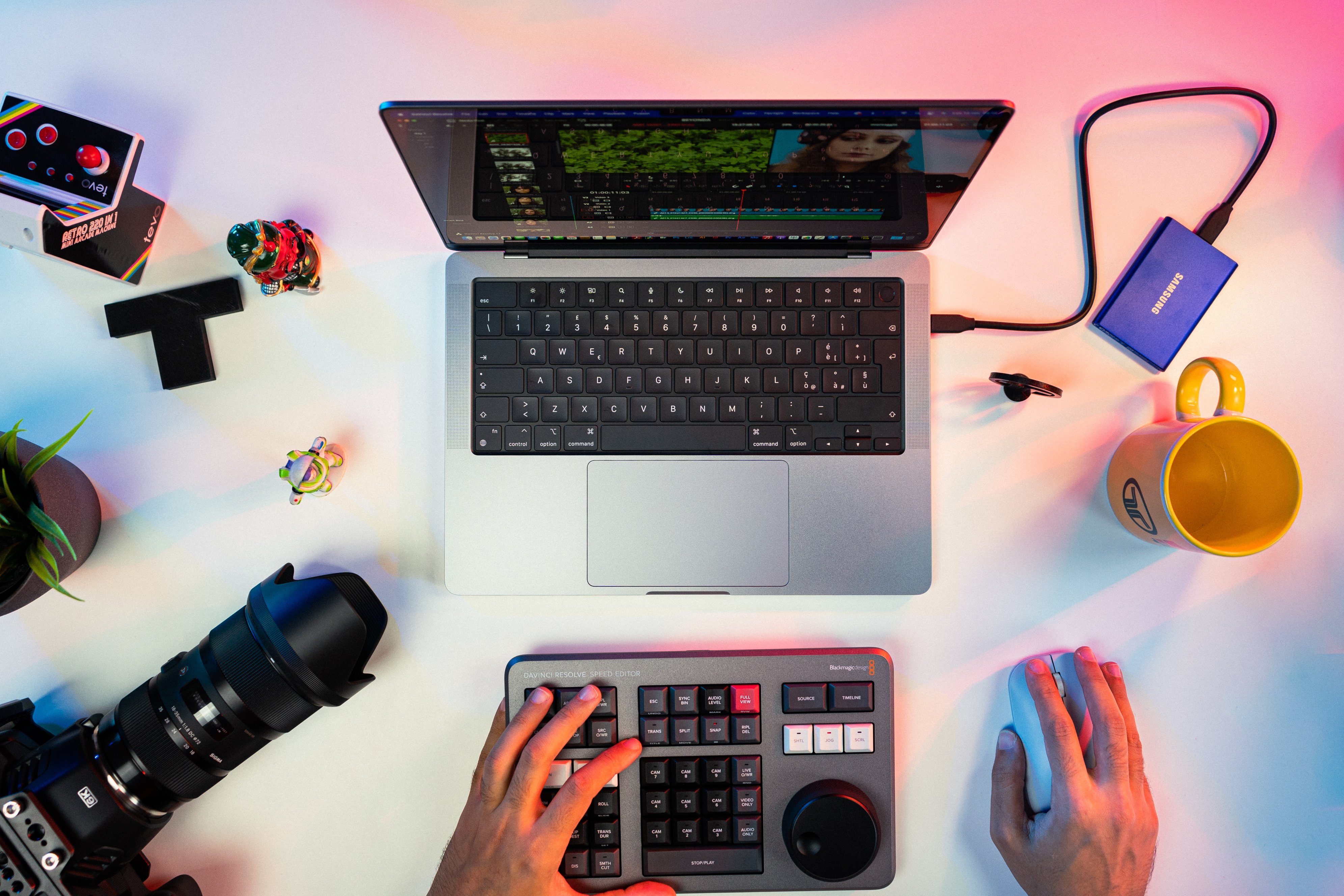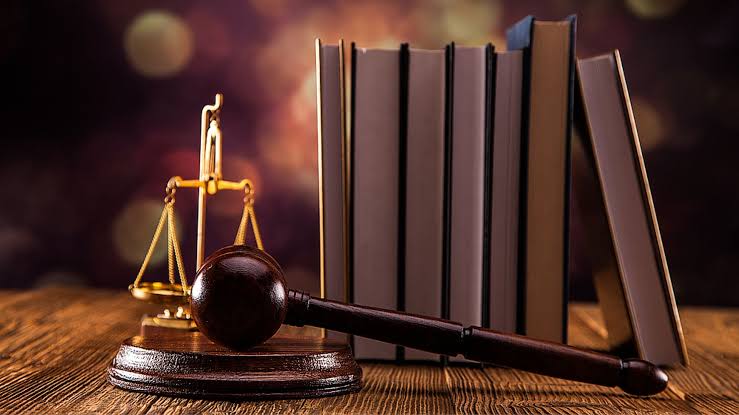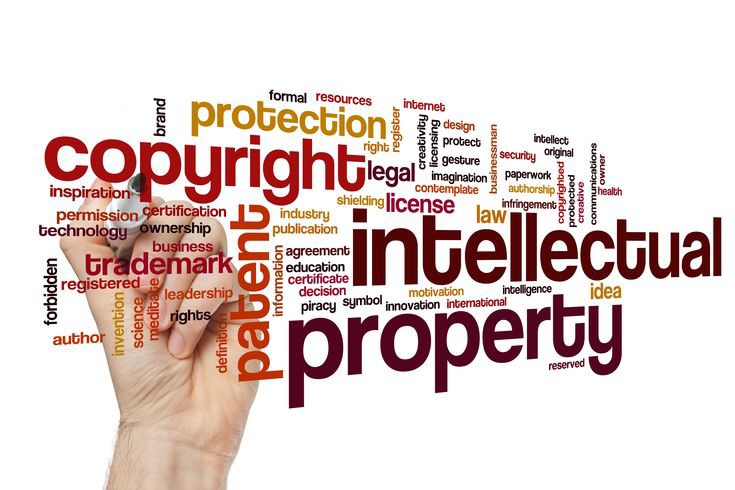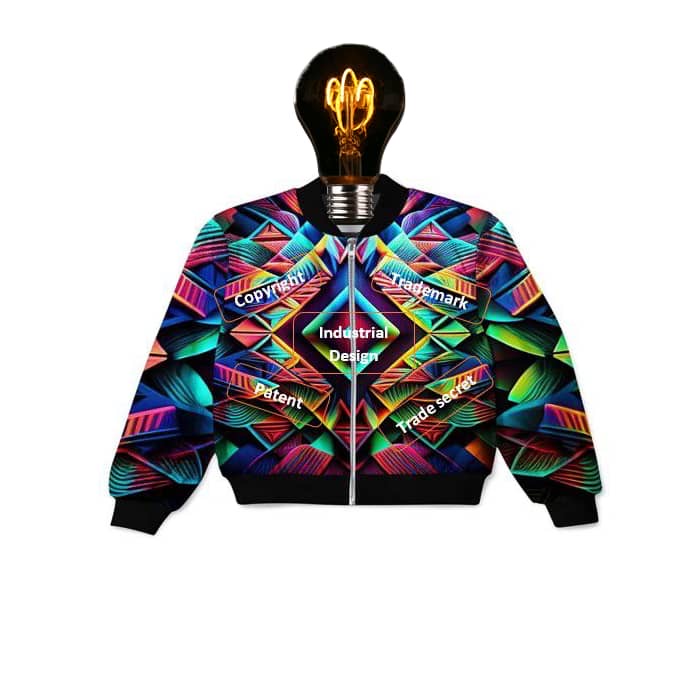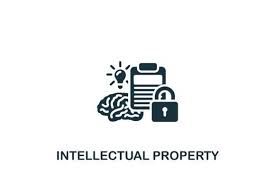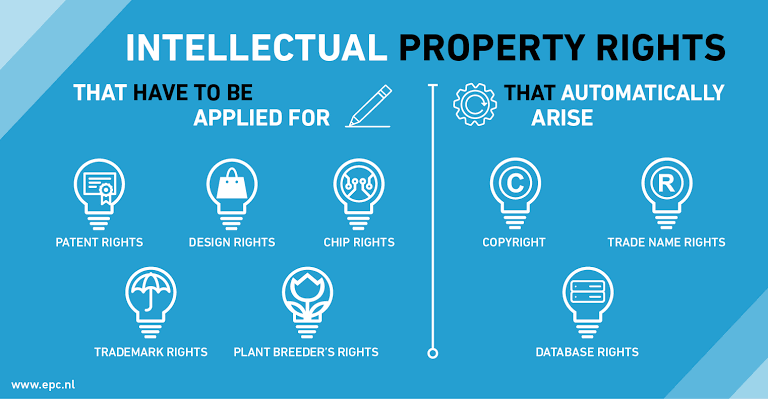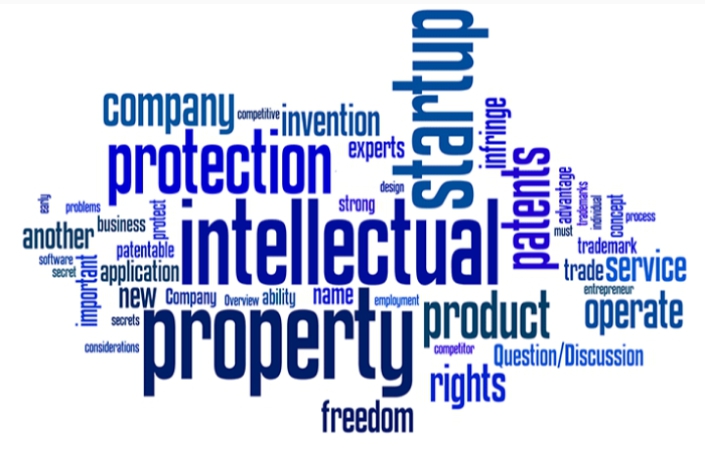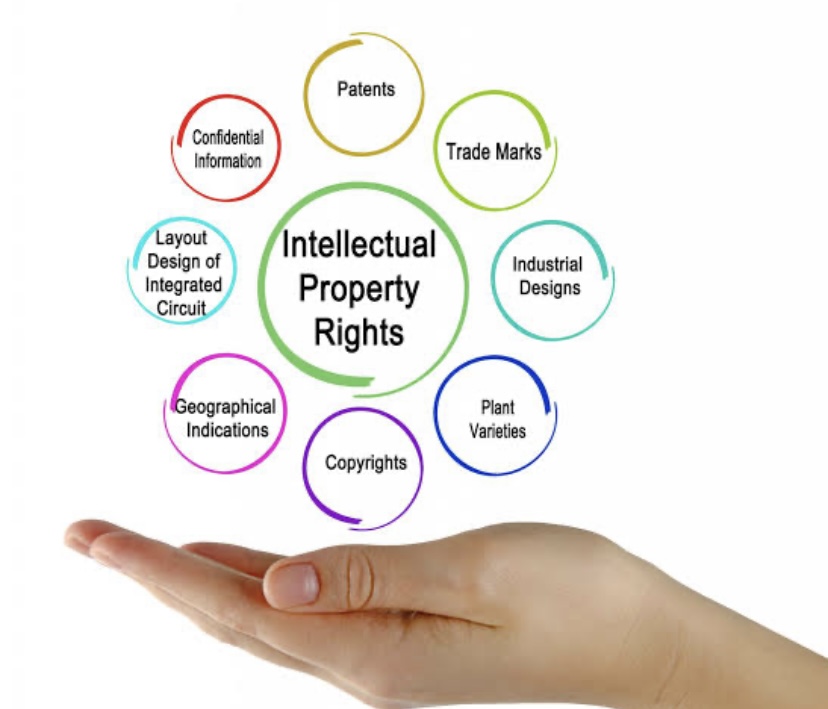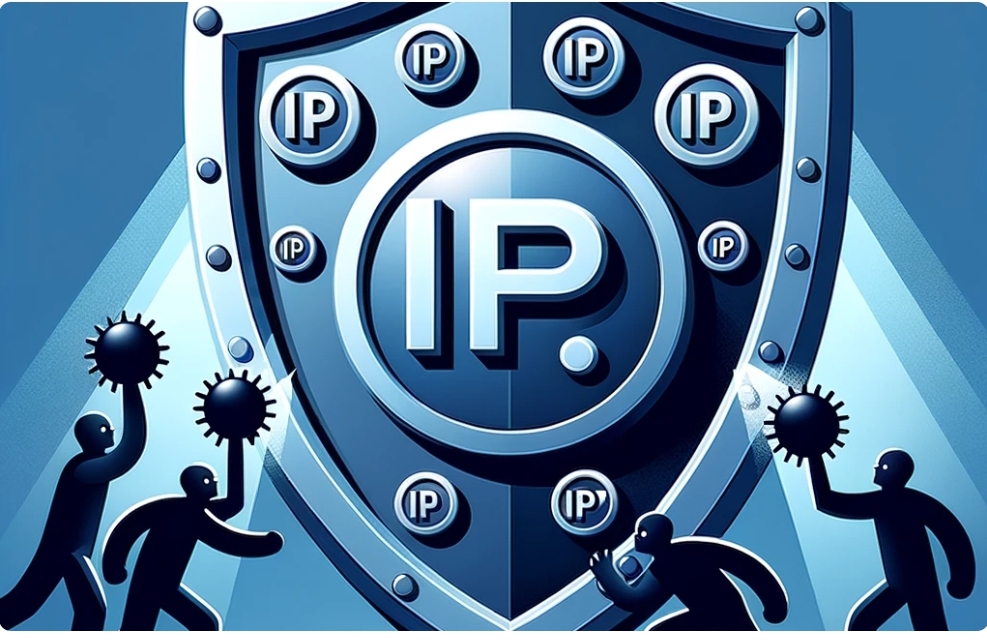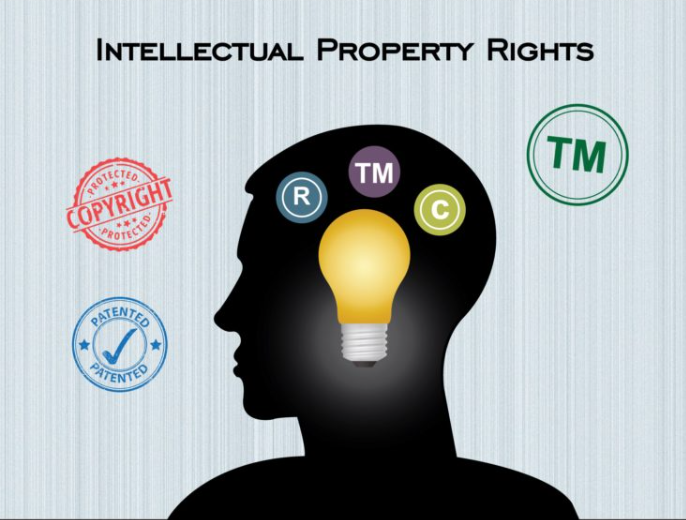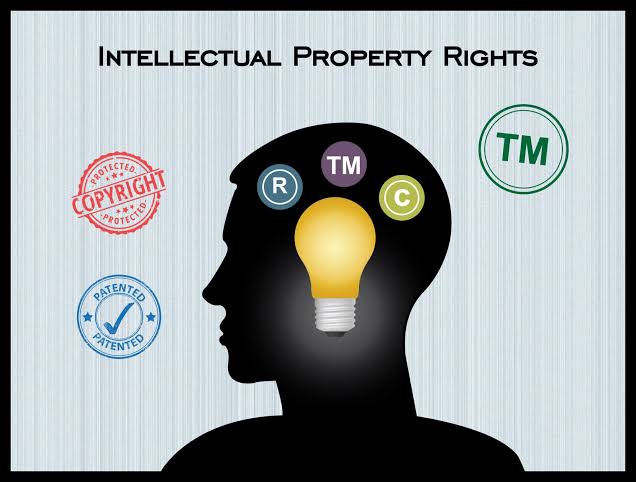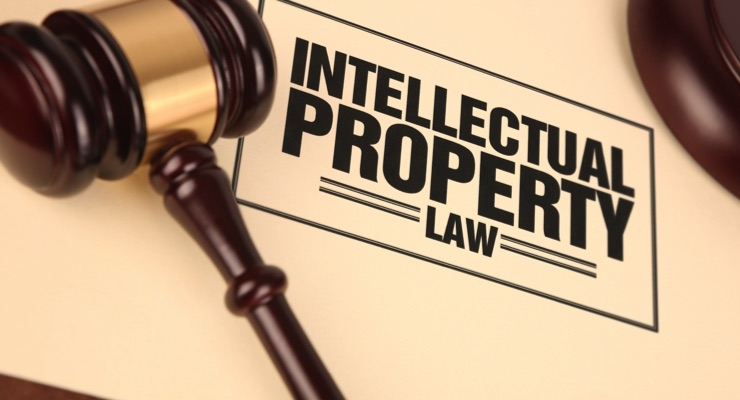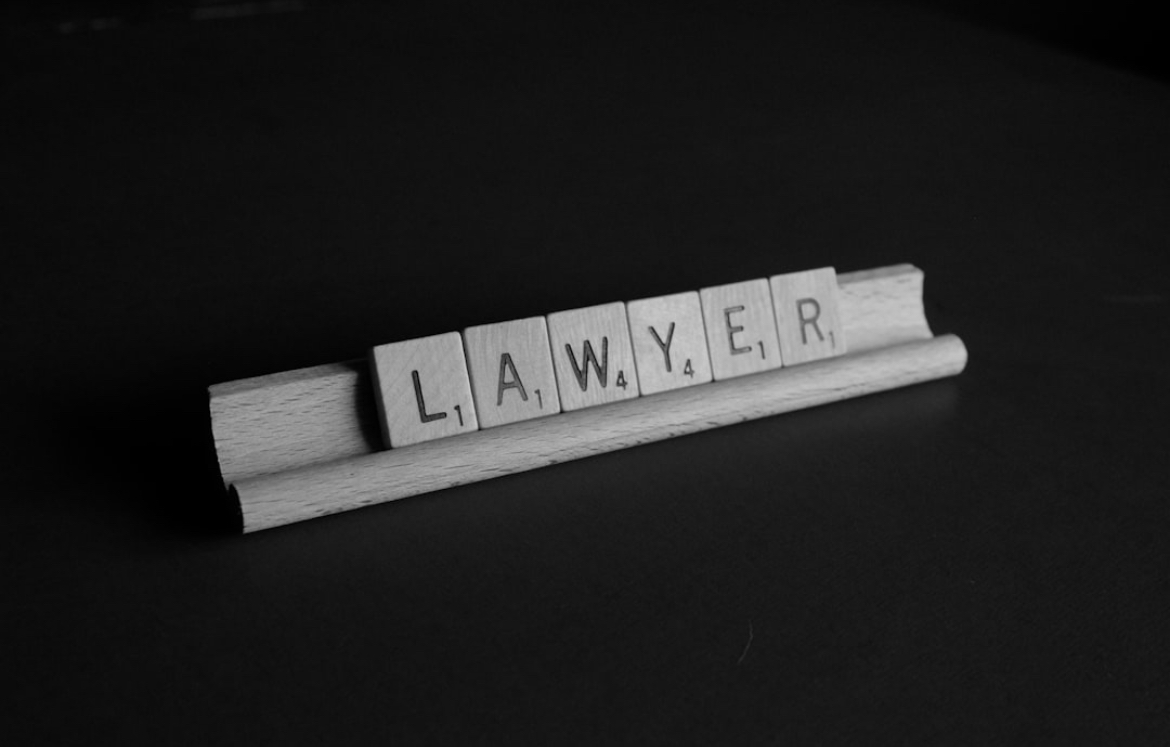
1.0. INTRODUCTION
Necessity is the mother of invention and creativity births innovation. The world as we know it is changing rapidly as a result of such innovations. Throughout history, creators have struggled to protect their intellectual property. From the early days of copyright to the digital age, the battle to safeguard ideas and inventions has been ongoing. Intellectual property laws have emerged as a vital tool in this struggle, providing a framework for recognizing and rewarding creativity.
Intellectual property laws are the cornerstone of a modern economy, safeguarding the fruits of human ingenuity. They provide creators with the incentive to innovate, invest, and contribute to society using their minds. Without these laws, the world would be a far less vibrant and dynamic place.
To begin, it is imperative that the term ‘intellectual property’ be properly defined. According to the World Intellectual Property Organization, Intellectual property (IP) refers to creations of the mind, such as inventions; literary and artistic works; designs; and symbols, names and images used in commerce.
The concept of intellectual property relates to the fact that certain products of human intellect should be afforded the same protective rights that apply to physical property, called tangible assets. Hence, there are certain rights that avail owners of intellectual property. These are called Intellectual Property rights.
According to the World Trade Organization, Intellectual property rights are the rights given to persons over the creations of their minds. They usually give the creator an exclusive right over the use of his/her creation for a certain period of time. In essence, these rights provides a creator the opportunity to protect their creation from misuse or abuse.
2.0. TYPES OF INTELLECTUAL PROPERTY
According to the World Intellectual Property Organization, intellectual property can be categorised into seven types. In the past, there were four major categories which include, Copyright, Patent, Trademarks and Trade Secrets. However in more recent times, the categorisation has been expanded to include geographical indications and industrial designs. These categories will be discussed seriatim
(a) Copyright
Copyright is a legal term used to describe the rights that creators have over their literary and artistic works. Works covered by copyright range from books, music, paintings, sculpture and films, to computer programs, databases, advertisements, maps and technical drawings. It is the exclusive and assignable legal right, given to the originator for a fixed number of years, to print, publish, perform, film, or record literary, artistic, or musical material. It can also be said to be the legal ownership of intellectual property such as original works of fiction and non-fiction and conveys the right to control its reproduction and distribution.
Copyright does not protect an abstract idea. The idea needs to be put down either in writing or on tape, even if it is not published. This is because publication of a work is not required for it to have copyright protection. Due to the digitalisation of the modern era, content is easily distributed and shared by persons otherwise than the creator or licensed distributors. This has in turn led to an increase in copyright violations.
Legal Framework for Copyright in Nigeria
A work can be registered as copyright if it is an original work and not contravention any law regulating copyright in Nigeria or the international treaties to which Nigeria is a contracting party. Such works include literary works, musical works, artistic works, audiovisual works, sound recordings, and broadcasts.
The primary law protecting copyright in Nigeria is the Copyright Act of 2022. The Act created the Nigerian Copyright Commission. The Commission handles the approval of copyright application and registration. Upon registration, a copyrighted work is published by the commission, making all information provided during copyright registration public and available on the internet.
Other than the national laws, the two main international conventions for copyright protection in Nigeria are the Berne Convention for the Protection of Literary and Artistic Works (1886) and the Agreement on Trade-Related Aspects of Intellectual Property Rights,1995 (TRIPs).
For authors to have copyright protection in Nigeria, they must be individual citizens, corporate bodies, or residents in Nigeria or any member country of an international treaty or agreement. The work must also be published first in Nigeria or another member country of a treaty which Nigeria is a signatory to.
This right which avails the author can be transferred to another party through assignments, wills and by the operation of law. These tights could be moral or economic.
Moral copyright is the right of the creator to be identified as the author of the work and to object to any distortion, mutilation, or other derogatory action in relation to the work that could damage the creator's reputation. Economic copyright is the right of the creator to control the economic exploitation of the work, such as the right to reproduce, distribute, perform, and display the work for financial benefit.
When this rights are violated, it is called a copyright infringement. Pursuant to section 36(a) – (g) of the Copyright Act, 2022, an infringement of copyright occurs when a person without authorization from the copyright owner executes an act that violates the rights of an author; imports a copy of a work to Nigeria, which would be an infringing copy if it was made in Nigeria; Sells, offer to sell or hire that violates copyright; makes or possesses machines for the sole purpose of making infringing copies; produces or has in possession equipment to produce infringed copies of a copyrighted work; permits a public place of entertainment to be used to perform an infringed work; performs for trade purposes any work in which copyright subsists.
It is to be noted that copyright protection exists for 70 years after the author’s death year for literary and artistic works and 50 years for other works.
(b) Patent and Industrial Designs
A patent is an exclusive right granted for an invention. Generally speaking, a patent provides the patent owner with the right to decide how - or whether - the invention can be used by others. In exchange for this right, the patent owner makes technical information about the invention publicly available in the published patent document. It is a government authority or license conferring a right or title for a set period, especially the sole right to exclude others from making, using, or selling an invention.
An industrial design constitutes the ornamental or aesthetic aspect of an article. A design may consist of three-dimensional features, such as the shape or surface of an article, or of two-dimensional features, such as patterns, lines or color. Industrial design is a process of design applied to physical products that are to be manufactured by mass production. It is the creative act of determining and defining a product's form and features, which takes place in advance of the manufacture or production of the product.
Legal Framework for Patent and Industrial Design in Nigeria
Nigeria's legal framework for patents is primarily governed by the Patents and Designs Act (PDA) of 2004, as amended. This legislation provides the foundational principles for the protection and enforcement of intellectual property rights related to inventions in the country. The Act aligns Nigeria with international standards, particularly the Paris Convention for the Protection of Industrial Property and the Patent Cooperation Treaty (PCT), ensuring a harmonized approach to patent protection.
The application for a patent in Nigeria is made to the Registrar of Patents and Designs. The application must include a description of the invention, claims defining the scope of protection, and any necessary drawings or models. The Registrar conducts a thorough examination to determine patentability. If the application meets the requirements, a patent is granted. A patent holder enjoys exclusive rights to exploit the invention, including the right to produce, use, sell, or license it. However, these rights are subject to certain limitations, such as compulsory licensing provisions and exceptions for non-commercial use. In case of patent infringement, the patent holder can initiate legal proceedings to protect their rights. The courts have jurisdiction to award damages, injunctions, or other appropriate remedies to the patent holder.
The primary legislation governing industrial design in Nigeria is the Patents and Designs Act of 2004. This Act provides the legal framework for the protection and enforcement of industrial design rights in the country. While the Act primarily focuses on patents, it also addresses design rights, albeit in a less detailed manner. The Act defines Industrial design in section 12 as any combinations of lines or colours or both and any three dimensional form, whether or not associated with colours is an industrial design, if it is intended by the creator to be used as a model or pattern to be multiplied by industrial process and is not intended solely to obtain a technical result. Section 13, of the Act, provides that for an industrial design to be registerable it must be new and not contrary to public order or morality. Section 20 provides the duration for industrial designs to be five years at the first instance and renewable twice for five years consecutively.
Pursuant to section 19 registration of an industrial design confers upon the registered owner the right to preclude any other person from doing any of the following act which include reproducing the design in the manufacture of a product; importing, selling or utilising for commercial purposes a product reproducing the design and holding such a product for the purpose of selling it or of utilising it for commercial purposes.
An infringement of the rights of a patentee or design owner shall be actionable at the suit of the patentee or design owner in question; and in any action for such an infringement all such relief by way of damages, injunction, accounts or otherwise shall be available to the plaintiff as is available in any corresponding proceedings in respect of the infringement of other proprietary rights.
(c) Trademarks and Trade Secrets.
According to World Intellectual Property Organization, A trademark is a sign capable of distinguishing the goods or services of one enterprise from those of other enterprises. Trademarks date back to ancient times when artisans used to put their signature or "mark" on their products. A Trademark is a unique sign or mark that distinguishes the goods and services of one business from another. A mark can either be a device, brand, heading, label, ticket, name, signature, word, letter, numeral, or any combination thereof. Most businesses, companies or organizations have distinctive marks that sets them apart from other businesses.
The relevant law that governs Trademark in Nigeria is the Trademarks Act, Laws of the Federation of Nigeria 2004 (LFN 2004). A trademark once registered is valid in Nigeria for an initial period of 7 years in the first instance and subsequent renewals are valid for 14 years. To be eligible for registration, a trademark must be distinctive, not prohibited and not deceptive.
A trademark is infringed when a person without consent from the trademark owner uses the mark or an identical mark in a way that is likely to deceive the public or cause confusion. Where such rights are infringed upon, the proprietor can institute an action in court for the infringement of such trademark. The court with jurisdiction for trademark proceeding in Nigeria is the Federal High Court. The burden of proof lies on the Proprietor of the trademark to show that his right has been infringed upon. Section 5 (2) Trademarks Act provides that:
“without prejudice to the generality of the right to the use of a trade mark given by such registration as aforesaid, that right shall be deemed to be infringed by any person who, not being the proprietor of the trade mark or a registered user thereof using it by way of the permitted use, uses a mark identical with it or so nearly resembling it as to be likely to deceive or cause confusion, in the course of trade, in relation to any goods in respect of which it is registered.”
The owner of an unregistered trademark on the other hand may institute an action for passing off where there is an infringement.
Trade secrets are Intellectual property rights on confidential information which may be sold or licensed. The unauthorized acquisition, use or disclosure of such secret information in a manner contrary to honest commercial practices by others is regarded as an unfair practice and a violation of the trade secret protection. Trade secret, is essentially a formula, process, device, or other business information kept confidential to maintain an advantage over competitors; information - including a formula, pattern, compilation, program device, method, technique, or process, that: (i) derives independent economic value, actual or potential, from not being generally known to, and not being readily ascertainable by proper means by other persons who can obtain economic value from its disclosure or use, and (ii) is the subject of efforts that are reasonable under the circumstances to maintain its secrecy.
A trade secret is confidential information that has commercial value and is not generally known to the public. The protection of trade secrets in Nigeria is primarily based on common law principles, although there are certain statutory provisions that may also be relevant. In addition to common law protection, there are certain statutory provisions that may be relevant to the protection of trade secrets in Nigeria. For example, the Copyright Act contains provisions that prohibit the unauthorized disclosure of confidential information.
3.0. CONCLUSION
In conclusion, Nigeria has a robust legal framework in place to protect various types of intellectual property rights, including copyrights, patents, trademarks, and industrial designs. These rights are essential for promoting innovation, creativity, and economic growth. By understanding and safeguarding their intellectual property, businesses and individuals can reap the benefits of their original ideas and creations.
However, it is important to note that challenges remain in enforcing intellectual property rights in Nigeria. Piracy, counterfeiting, and lack of awareness among the general public are significant obstacles. To address these challenges, the Nigerian government, in collaboration with relevant stakeholders, should continue to strengthen enforcement mechanisms, raise awareness about intellectual property rights, and promote a culture of innovation and respect for creativity.
Ultimately, the effective protection of intellectual property rights is crucial for Nigeria's development as a knowledge-based economy. By fostering a conducive environment for innovation and creativity, the country can unlock its full potential and compete on the global stage.

